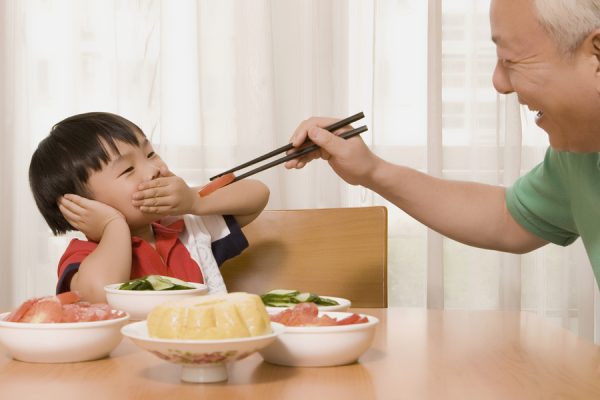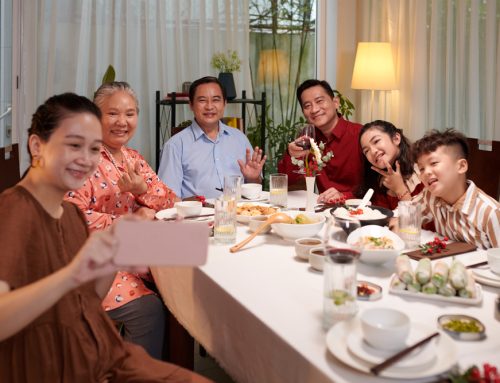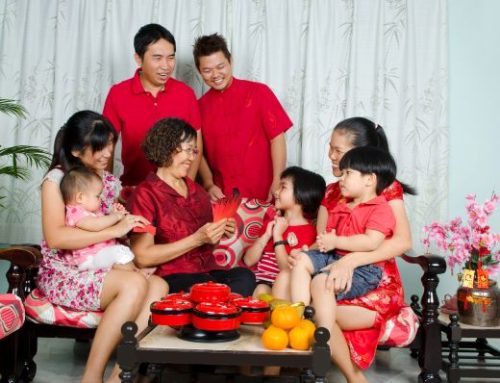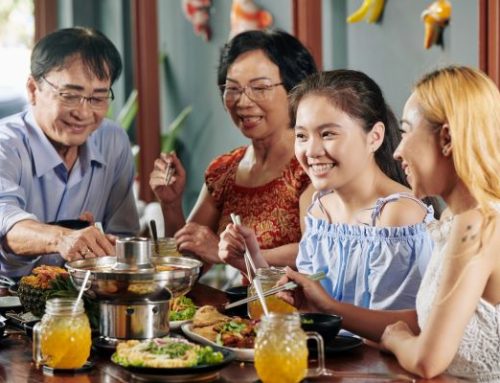For many of us who have moved overseas, enjoying our favourite childhood dishes is not as easy to come by as when we were growing up.
Thinking back to our childhood, whenever we would feel like eating a certain dish, our family would prepare it. Or it was easily accessible via our local eat outs such as street food, your local Kopitiam, or our local restaurant. It meant everyone in the family would be able to enjoy similar dishes together.
However, when you move overseas, things may be a bit trickier. How? For exmaple, you may enjoy your childhood dishes and would like to cook that every day. However, your children did not grow up with your childhood dishes and tastes, even though you may have cooked them.
For example, you may like steamed whole fish; however, your children, who are brought up overseas, may prefer fillet or cutlets and not steamed, but fried or grilled fish, and with different sauce base. Or you would love to have a curry dish every single day, but your family would not be able to handle the spicy dish and would prefer something oven baked, steamed or grilled.
Have you been through that?
Your family are more exposed to the food of your adopted country, such as steak, fish and chips, burgers, spaghetti, nuggets etc, through their peers from school or outside school. So, you will be torn as to what to cook for your dinner every day… dishes that you like or dishes that your children or spouse like?
So, what is the TASTE of your family? Is it the taste of your favourite dishes you grew up with or the dishes that your family would prefer every day?
I believe this is the dilemma of every migrant family – what’s for dinner? What is the TASTE of your home?
No matter what it is, as long as you are making one mealtime a FAMILY time! A family meal can be very special and keeps the connections going.
This book is for you if you are living in a different country, far away from your family and friends, and you are missing home, missing the traditional celebrations you used to share with your families, and missing your grandparents, parents, siblings and relatives who are living in another part of the world.








Leave A Comment